Preparing medicinal wine naturally requires the use of suitable Chinese medicinal materials. We particularly emphasize the need to understand the properties of the herbs. For weakness and aging ailments, there are generally distinctions of qi deficiency, blood deficiency, yin deficiency, and yang deficiency. The most commonly used Chinese medicinal herbs in medicinal wine are tonifying herbs, which are often used to supplement the deficiencies of qi, blood, yin, and yang in the human body and to nourish and support. Here, we will provide a brief classification and explanation of the properties of commonly used Chinese medicinal herbs in medicinal wine.
1. Qi-tonifying herbs
Refers to herbs that have the function of tonifying qi and can be used to treat symptoms of qi deficiency. The lungs and spleen in the human body are most prone to qi deficiency, so qi-tonifying herbs are commonly used to tonify deficiencies of the spleen and lungs. Commonly used qi-tonifying herbs in medicinal wine include ginseng, astragalus, codonopsis, and white atractylodes.
2. Blood-tonifying herbs
Refers to herbs that have the function of tonifying blood and can be used to treat symptoms of blood deficiency. In traditional Chinese medicine, it is believed that the heart governs the blood, the liver stores the blood, and the spleen controls the blood. Therefore, most blood-tonifying herbs affect the heart, liver, and spleen meridians. Blood deficiency often accompanies yin deficiency, so blood-tonifying herbs are often combined with yin-tonifying herbs. It is also believed that qi and blood have a complementary and mutually supportive relationship, so when tonifying blood, it is often accompanied by the use of qi-tonifying herbs to enhance the effect. Commonly used blood-tonifying herbs in medicinal wine include Chinese angelica, donkey-hide gelatin, prepared rehmannia, fleeceflower root, white peony, longan fruit, jujube, and mulberry.
3. Yang-tonifying herbs
Refers to herbs that have the function of tonifying the body's yang qi and can be used to treat symptoms of yang deficiency. Yang-tonifying herbs are mostly used to tonify kidney yang. While supplementing yang qi, they can also tonify essence and blood, strengthen muscles and bones, and have anti-aging effects. Commonly used yang-tonifying herbs in medicinal wine include deer antler, seahorse, epimedium, morinda, cordyceps, cistanche, xianmao, xuduan, dodder seed, and psoralea. Due to the drying and warming nature of yang-tonifying herbs, they are not suitable for use in cases of yin deficiency with excessive fire. Instead, they should be supplemented with yin-tonifying herbs.
4. Yin-tonifying herbs
Refers to herbs that have the function of nourishing yin, moistening dryness, and generating fluids, and can be used to treat symptoms of yin deficiency and fluid depletion. Yin deficiency is commonly seen in liver and kidney yin deficiency, lung yin deficiency, and stomach yin deficiency, among others. Commonly used yin-tonifying herbs in medicinal wine include wolfberry fruit, ophiopogon root, dwarf lilyturf root, adenophora root, polygonatum, rehmannia, lily bulb, glossy privet fruit, and black sesame.
5. Blood-activating herbs
Refers to herbs that have the function of promoting blood circulation and removing blood stasis, and can be used to treat symptoms of blood stasis. Based on the understanding in traditional Chinese medicine that "qi moves, blood moves," blood-activating herbs are often combined with qi-regulating herbs to achieve better blood-activating effects. Commonly used blood-activating herbs in medicinal wine include Szechuan lovage rhizome, corydalis yanhusuo, salvia, achyranthes vine, peach kernel, safflower, and motherwort.
6. Wind-damp-dispelling herbs
Refers to herbs that have the function of dispelling wind, removing dampness, and relieving paralysis and pain, and can be used to treat symptoms such as rheumatism, muscle and joint stiffness, hemiplegia, and cold and painful waist and knees. This type of herbs is particularly suitable for preparing medicinal wine. Commonly used wind-damp-dispelling herbs in medicinal wine include acanthopanax bark, mulberry mistletoe, radix paeoniae rubra, pubescent angelica, papaya, and snake-related herbs.
7. Calming herbs
Refers to herbs that have the function of calming the mind and stabilizing emotions, and can be used to treat mental and emotional disorders. Based on the understanding in traditional Chinese medicine that "the heart governs the mind," calming herbs have good effects on symptoms of restlessness, palpitations, and insomnia caused by deficiency of heart qi or excessive heart fire. Commonly used calming herbs in medicinal wine include polygala, sour jujube seed, biota seed, and mimosa bark (mimosa flower).
For each category of medicinal wine recipe, we will provide detailed explanations of the most commonly used herbs, in order to help understand the properties of the herbs and facilitate the appropriate selection of the most suitable health-preserving medicinal wine based on individual conditions.




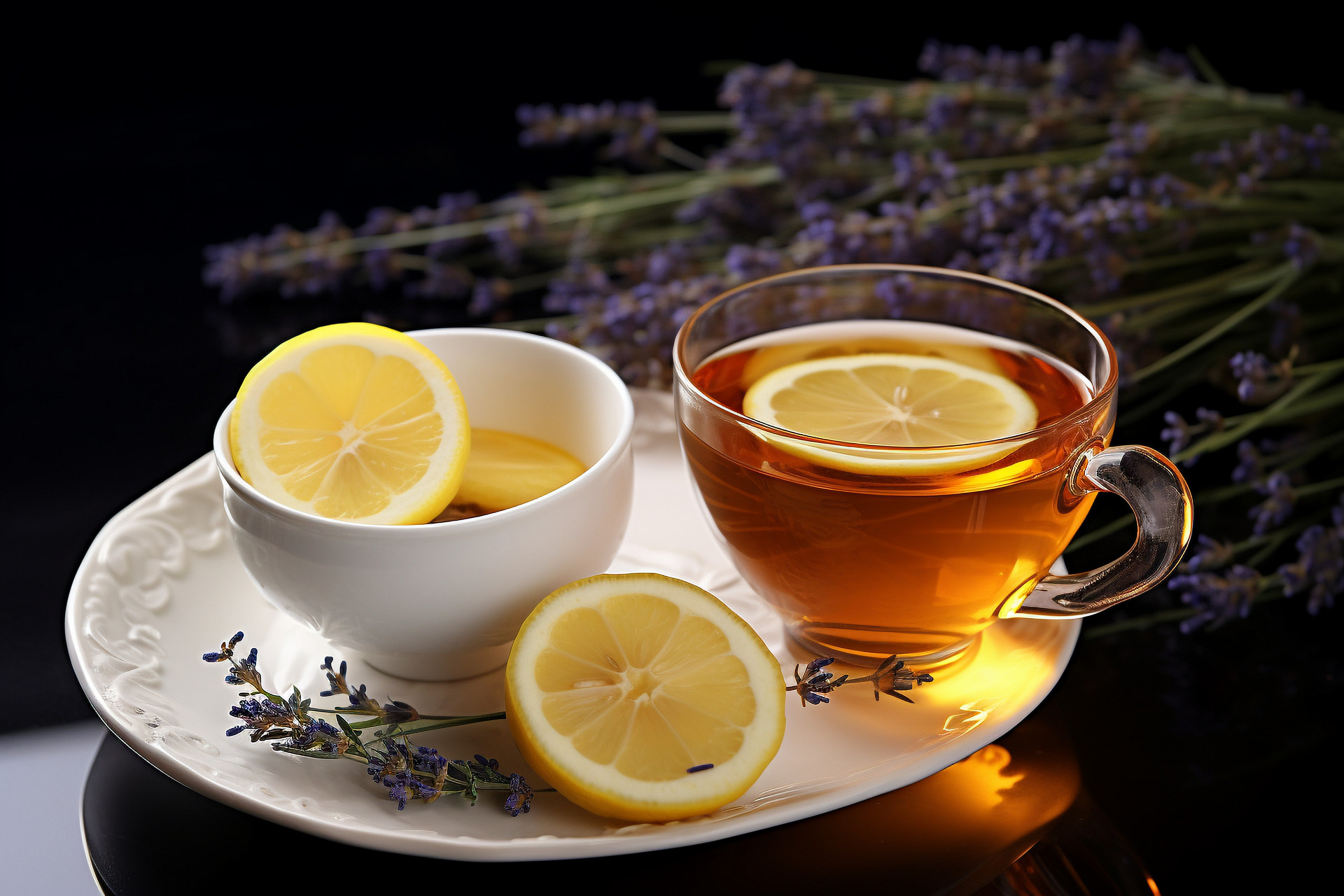
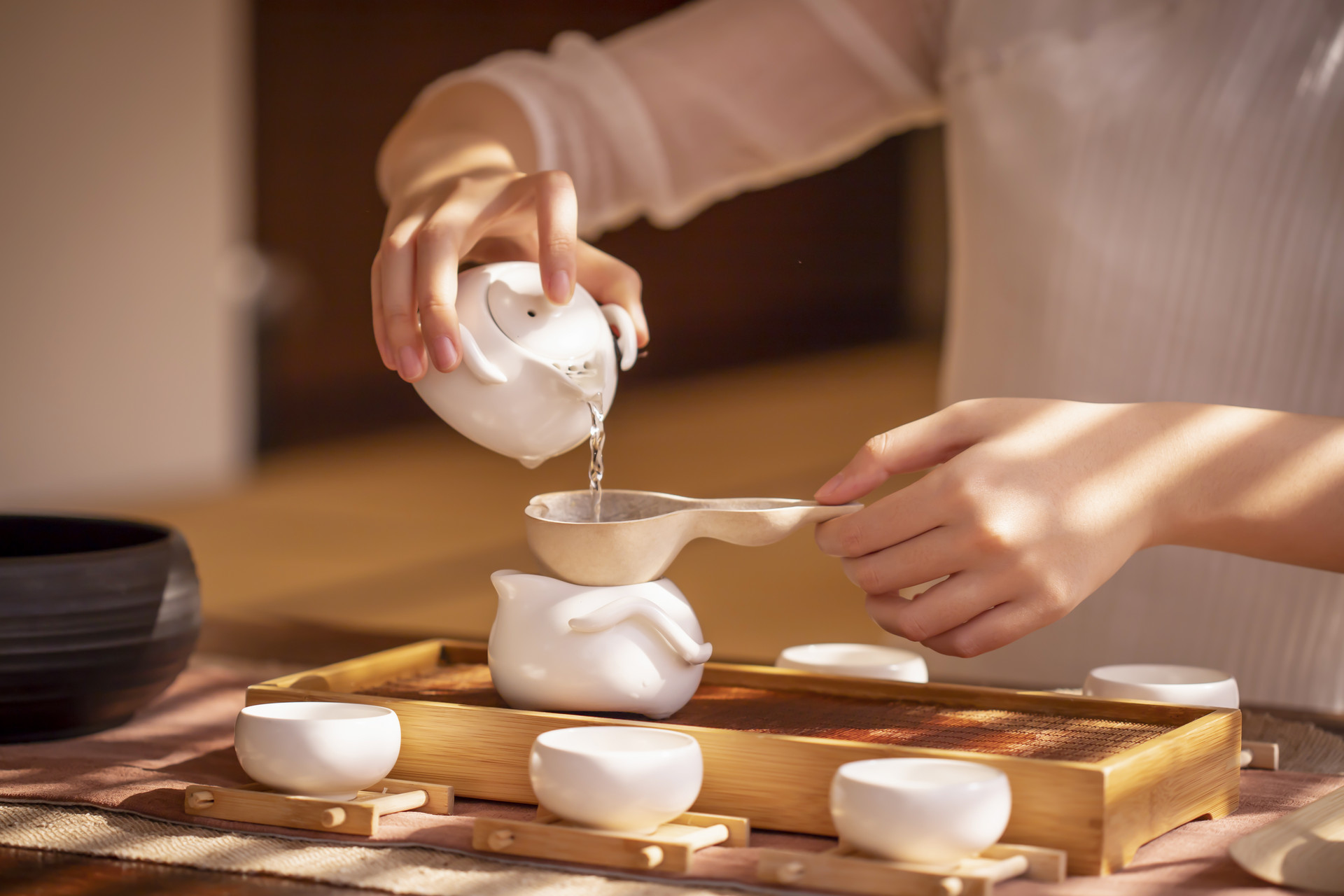
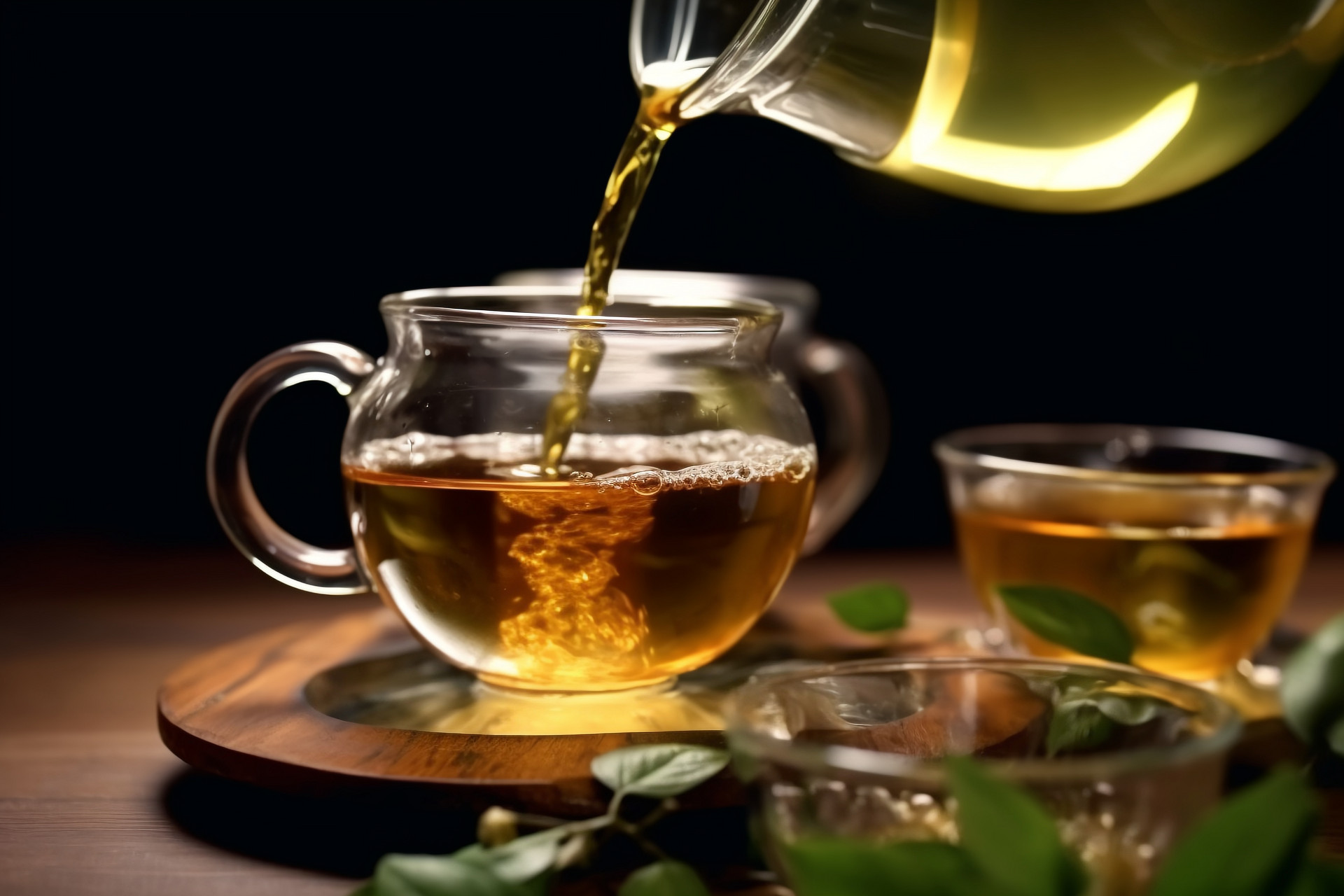

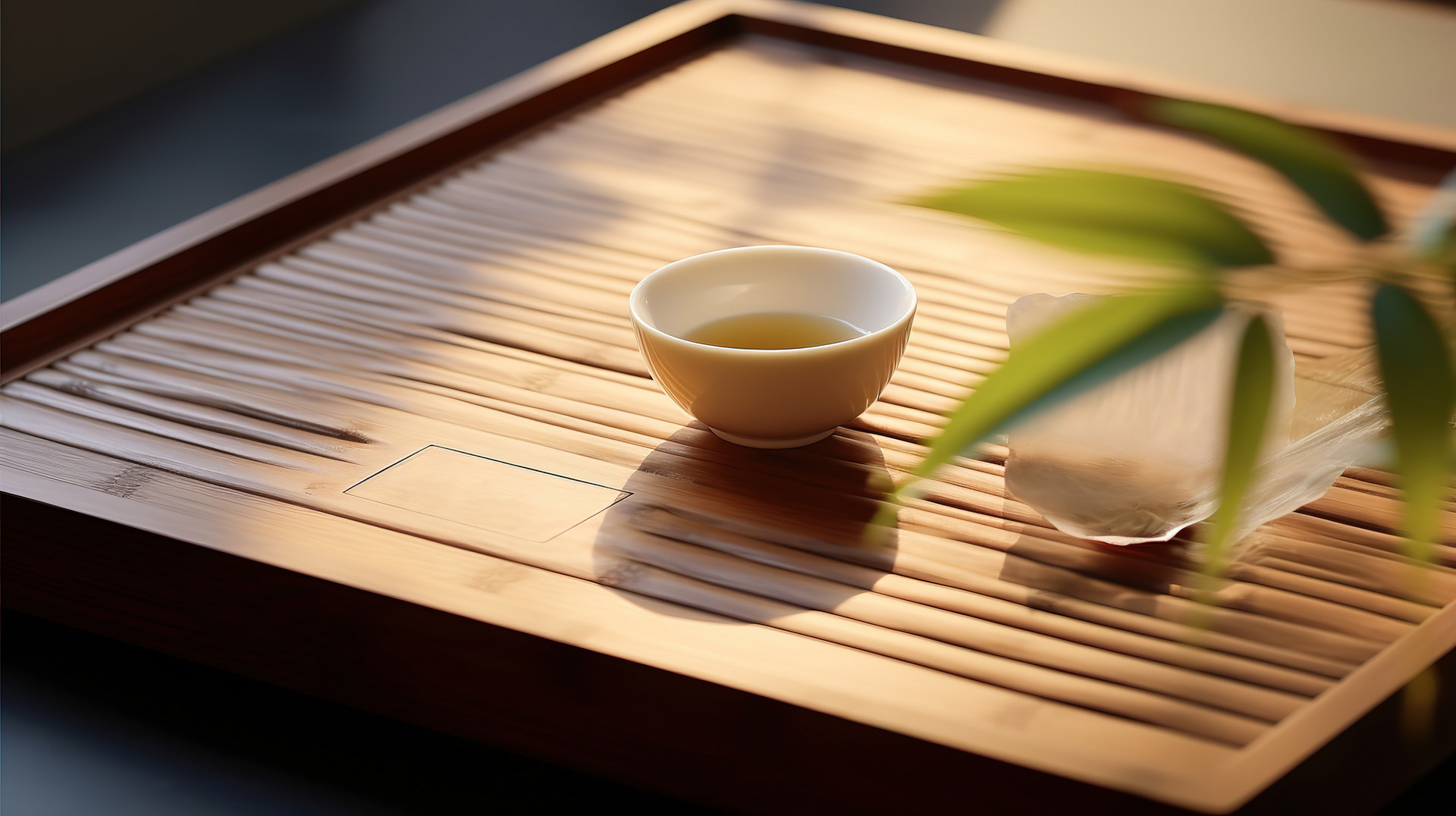
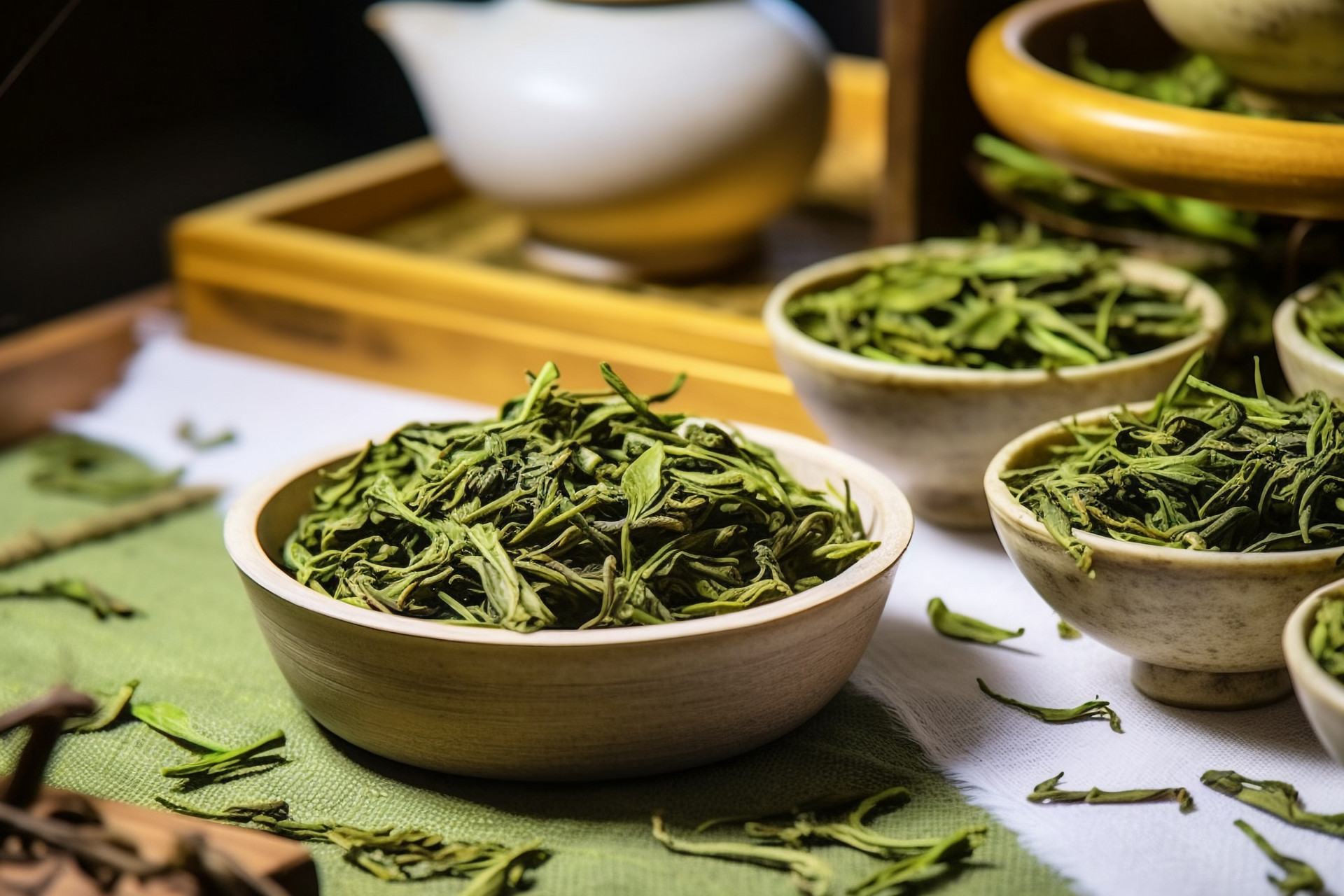
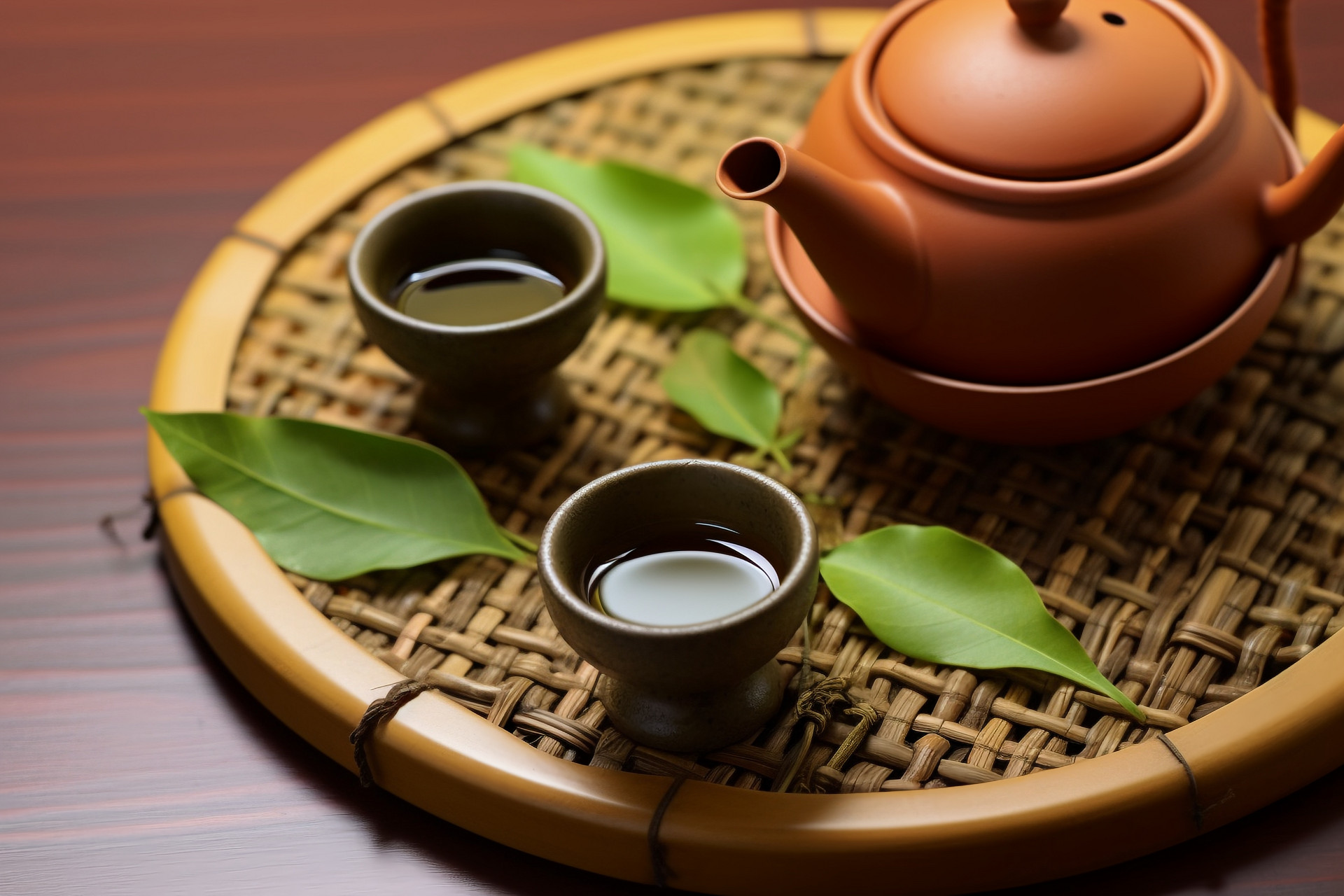
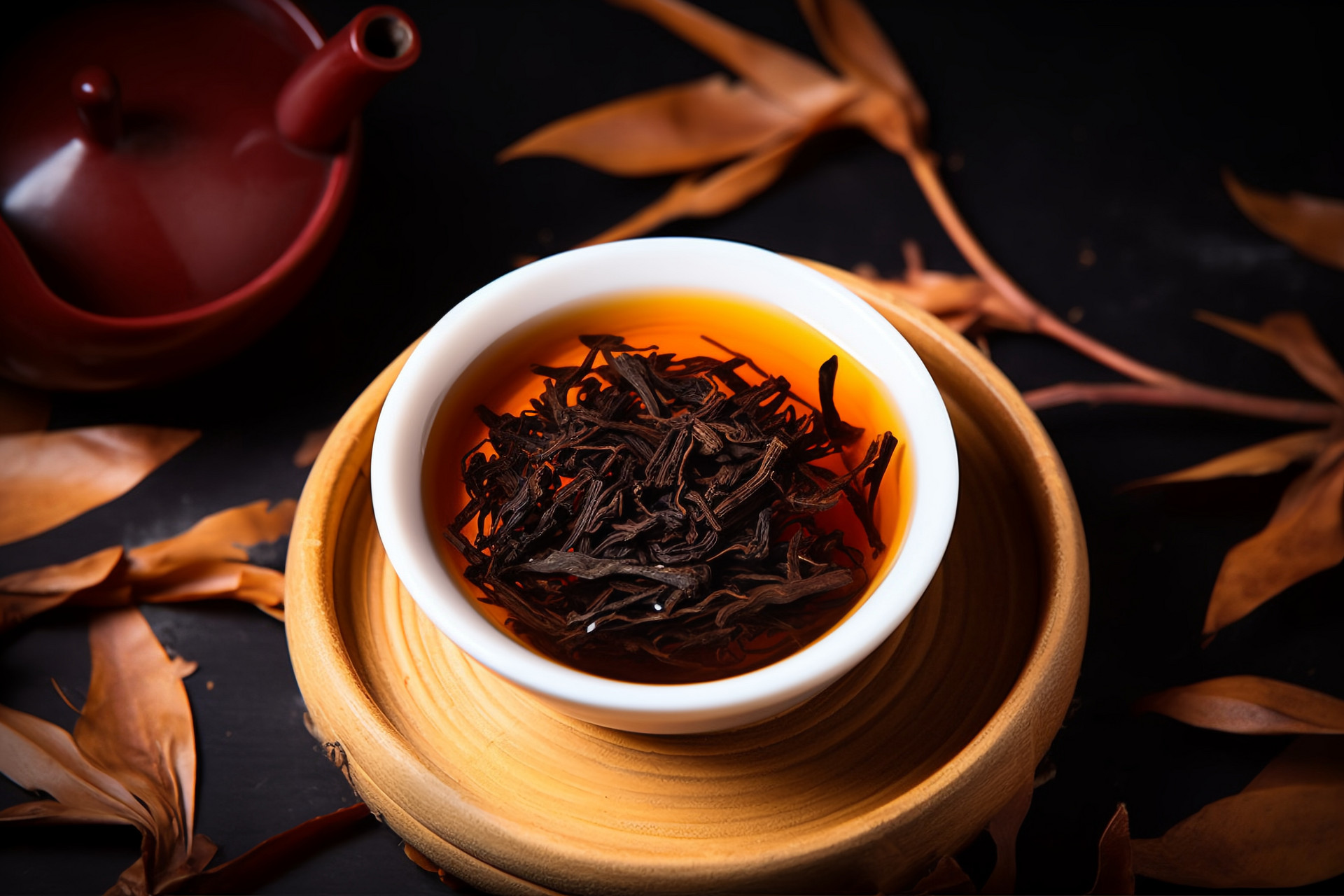
![[Herbal Wine Recipes for Health and Beauty]](https://tcmmaintenance.com/uploads/20240715/7241f6b6eafdaed88c28b26a37213964.jpg)